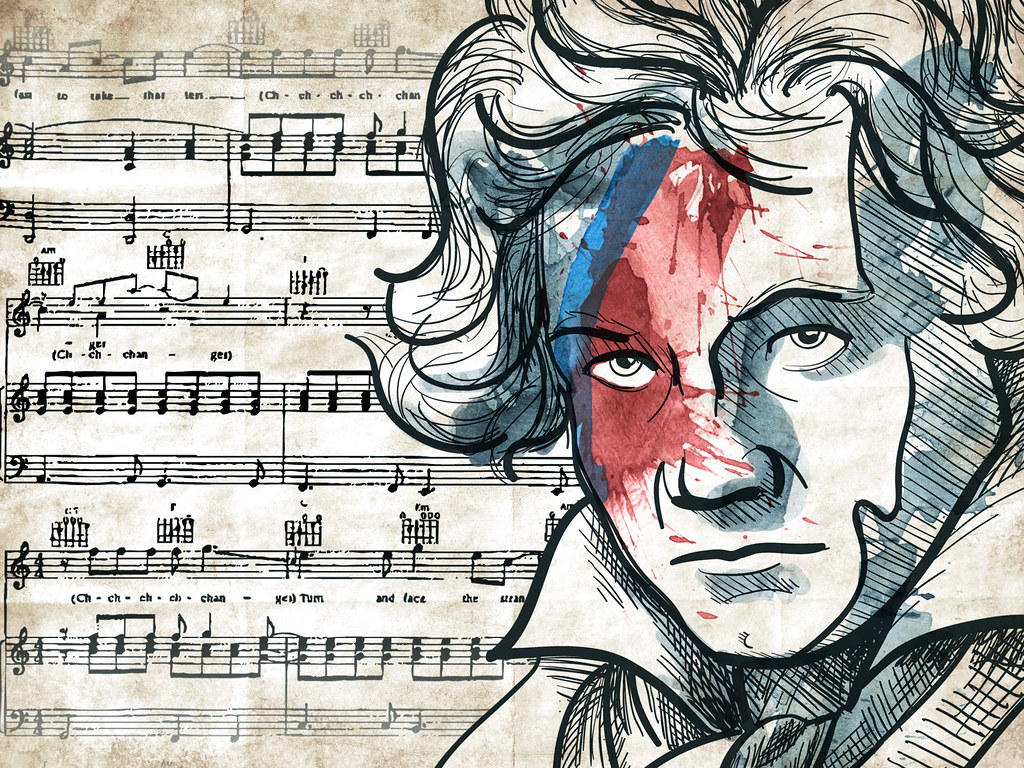
The Story Behind Beethoven’s Moonlight Sonata
Welcome to our journey into the story of one of the most beloved compositions of all time: Beethoven’s Moonlight Sonata. This masterpiece, with its haunting[…]

The 5 Best Compositions by Amy Marcy Beach
Amy Marcy Beach (1867–1944) holds a prominent place in the history of American classical music. As the first successful American female composer of large-scale art[…]
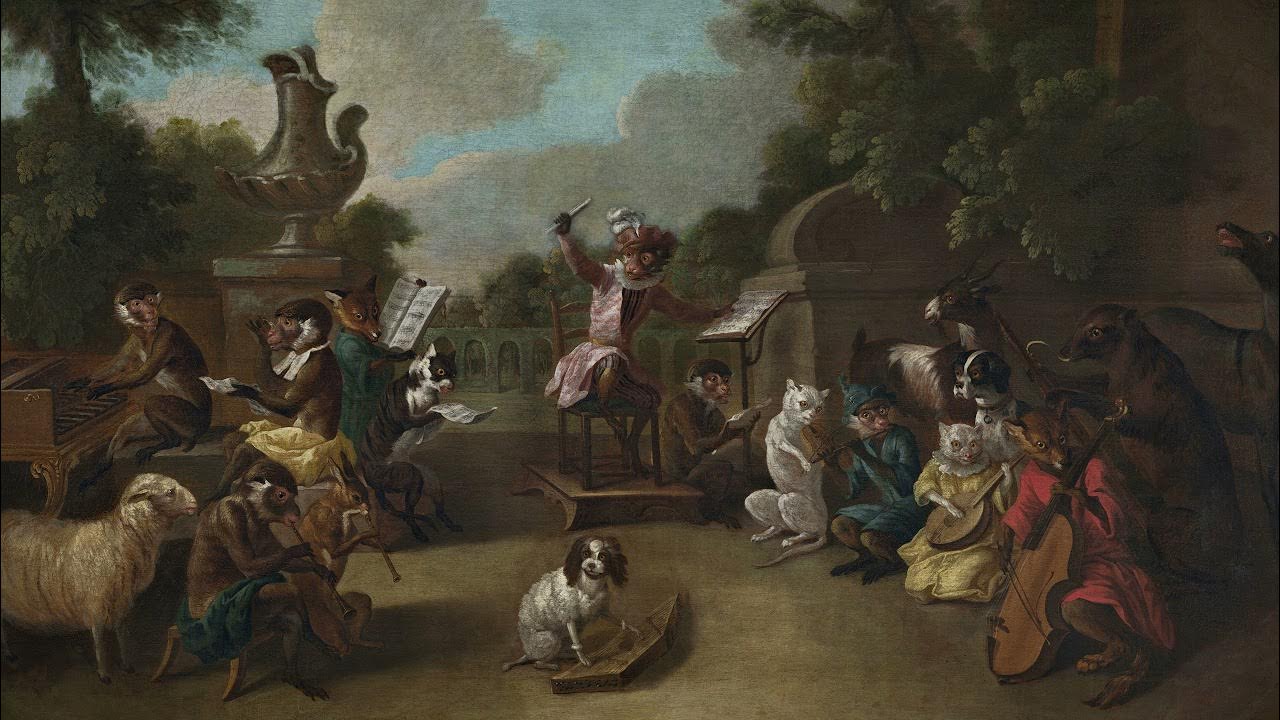
5 Fascinating Facts about Angelo Ragazzi
Angelo Ragazzi may not be as widely known as some of his Baroque contemporaries, but his unique life story and contributions to music are full[…]
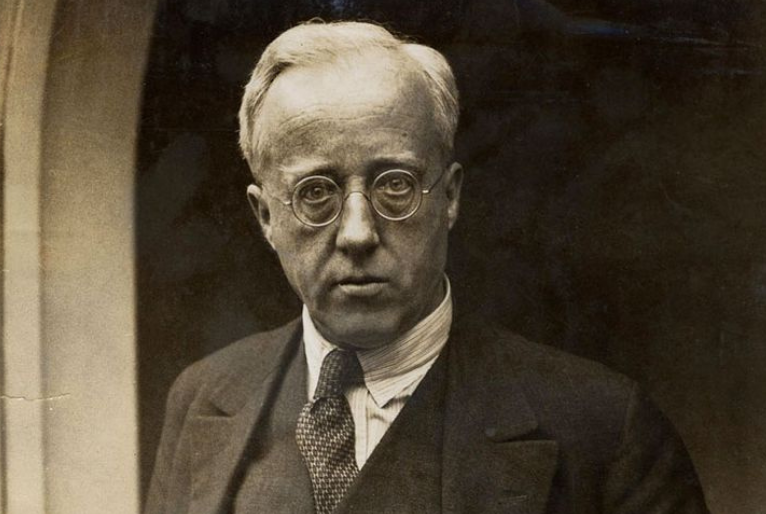
5 Fascinating Facts about Gustav Holst
Gustav Holst, an influential British composer, is best known for his orchestral suite The Planets, but there’s so much more to discover about this talented[…]

Gustav Holst – Biography and History
Gustav Holst (1874–1934) was an English composer best known for his orchestral suite The Planets, one of the most popular and enduring works in the[…]
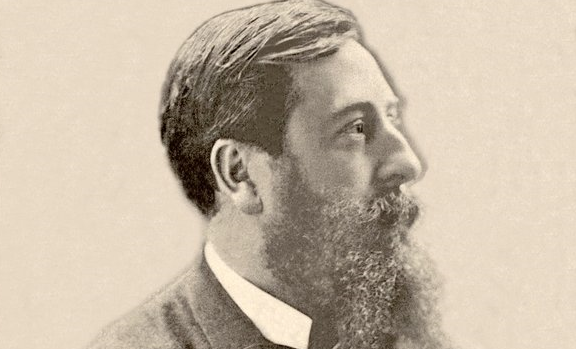
5 Fascinating Facts about Léo Delibes
Léo Delibes (1836–1891) is a composer who, despite being somewhat overshadowed by his contemporaries, left an indelible mark on the world of ballet and opera.[…]

Léo Delibes – Biography and History
Léo Delibes, born Clément Philibert Léo Delibes on February 21, 1836, in Saint-Germain-du-Val, France, was destined for a life immersed in music. His father was[…]
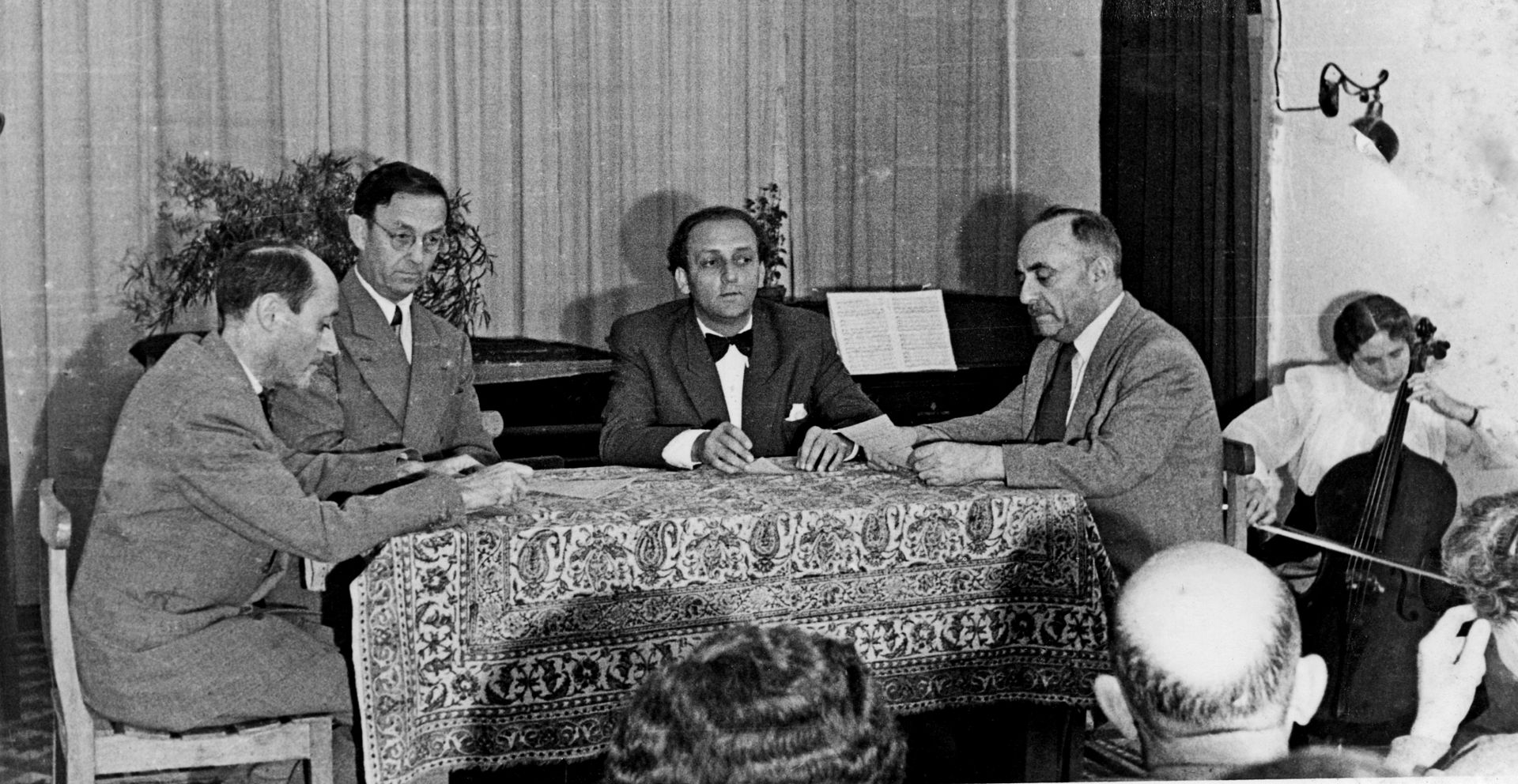
The 5 Best Compositions by Frank Pelleg
Frank Pelleg (1910–1968), an Israeli pianist, composer, and conductor, holds a special place in the landscape of 20th-century classical music. His contributions as a composer[…]
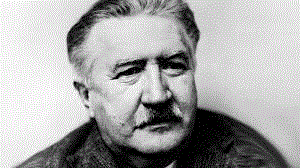
The 5 Best Compositions by Josef Suk
Josef Suk (1874-1935) was a Czech composer and violinist whose works are celebrated for their emotional depth, lyricism, and reflection of the Czech musical tradition.[…]
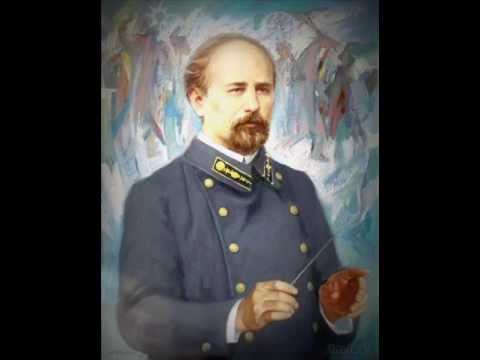
The 5 Best Compositions by Mykola Leontovych
Mykola Leontovych, a Ukrainian composer and choral conductor, is best known for his deeply rooted folk-based choral compositions. His works capture the essence of Ukrainian[…]